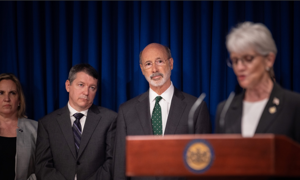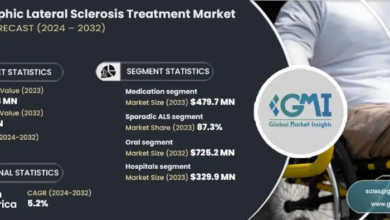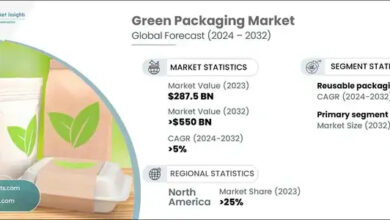Spending plan for Pennsylvania’s emissions auction proceeds unveiled

(The Center Square) – Gov. Tom Wolf stood shoulder to shoulder with legislative Democrats on Monday to reveal their proposed spending plan for an anticipated $300 million in revenue from the state’s participation in the Regional Greenhouse Gas Initiative.
The RGGI Investments Act, sponsored by Sen. Carolyn Comitta and Rep. Dianne Herrin, would devote the proceeds to environmental justice programs, workforce development for displaced fossil fuel employees and projects that further reduce greenhouse gas emissions and improve energy efficiency.
But it won’t be an easy sell in the Republican-controlled General Assembly, where thwarting the state’s entry into the program, slated for early 2022, remains a legislative priority.
“We are in the middle of a climate crisis,” Wolf said. “It is one of the most challenging and pressing problems we face. … The shortsighted proposals in the General Assembly that seek to halt RGGI are ignoring the science of climate change and not making this transition as seamless as it can possibly be.”
RGGI, an 11-state coalition, requires power producers to buy emissions credits through an annual auction designed to reduce pollution throughout the region. States then reinvest the proceeds into programs the further promote emissions reductions and energy efficiency.
Comitta said Monday her framework provides a more specific plan for how Pennsylvania might allocate its own auction revenue.
“Without the RGGI Investment Act, the proceeds would be directed to the Clean Air program and that has a limited opportunity for investing and spending those proceeds,” she said. “This framework shows the need and the opportunity for expanding the investment and creates that framework and we shall see [how much support it receives].”
The DEP said the annual carbon dioxide allowance budget in the 2022 RGGI auction – the first in which Pennsylvania could participate – will total 78 million metric tons. By 2030, this allowance will shrink 25% to 58 million metric tons.
The effect will reduce the amount of emissions from carbon dioxide, sulfur dioxide and nitrogen oxide while lowering rates of childhood asthma, respiratory disease, premature deaths, lost work days and health care costs, according to the DEP.
Wolf said the program will also increase state GDP by $2 billion over the next decade, in addition to creating 27,000 jobs and eliminating as much as 225 million metric tons of carbon dioxide from the atmosphere.
Regionally, participating states have cut power sector carbon pollution 45% since 2005 and provided “direct bill assistance” to more than 1.5 million households during its first six years of existence.
“RGGI participation will undoubtedly have tangible health, environmental and economic benefits for all of Pennsylvania overall,” said DEP Secretary Patrick McDonnell. “One highly anticipated benefit, though, is how this program will elevate and uplift our state’s most distressed communities by investing funding from RGGI proceeds into them.”
Critics note, however, that joining RGGI trades thousands of power plant jobs for minuscule reductions in carbon emissions that will be all but erased by increased output in nonparticipating states like Ohio and West Virginia.
Senate Environmental Resources and Energy Committee Chairman Sen. Gene Yaw, R-Williamsport, told The Center Square last month that the “significant” reductions touted by the department amount to a 0.0089% reduction in emissions over the next decade.
“The CO2 reductions they are talking about are a joke,” he said. “The reduction under RGGI versus non-RGGI is less than a tenth of a percentage point. That’s why I’ve repeatedly said RGGI is such a joke.”
Republicans also equate RGGI participation to a carbon tax – one the governor lacks the authority to impose without legislative support. As it stands, Pennsylvania would be the first to enter the program without the blessing of its General Assembly.
“It [RGGI] does nothing but cost people actual jobs now and you know this whole thing about new jobs – well OK, when?” Yaw said. “Five years? Ten years? It takes these jobs away from people right now and does nothing for the environment.”
Disclaimer: This content is distributed by The Center Square


